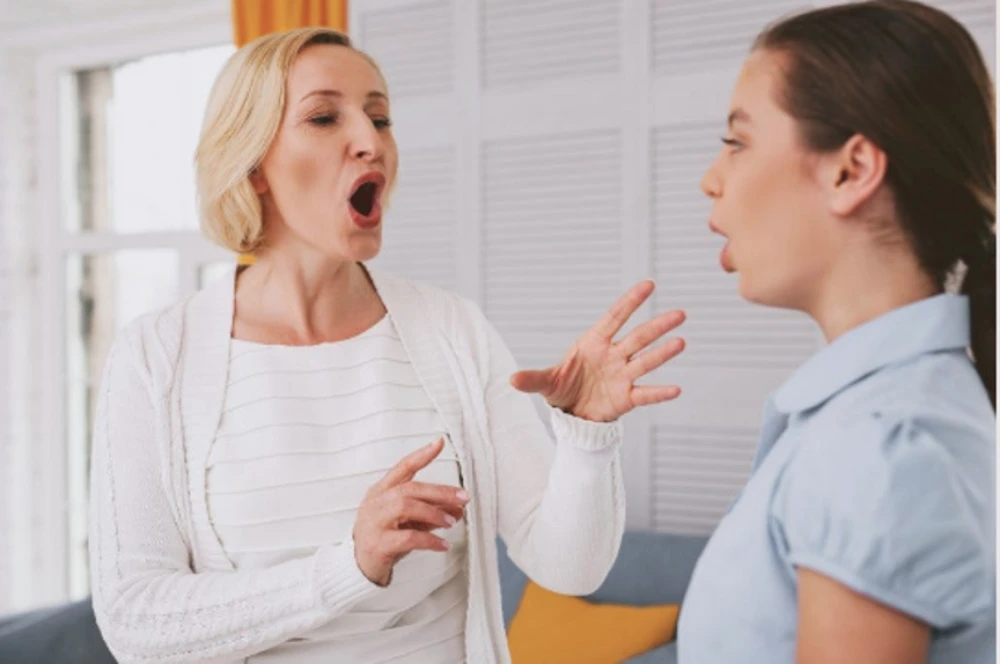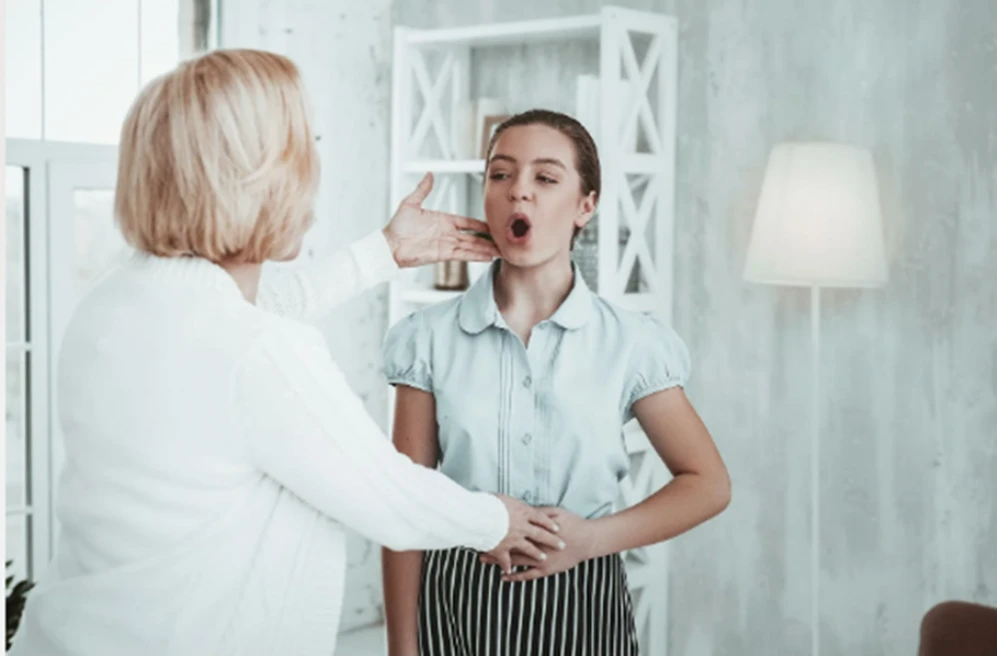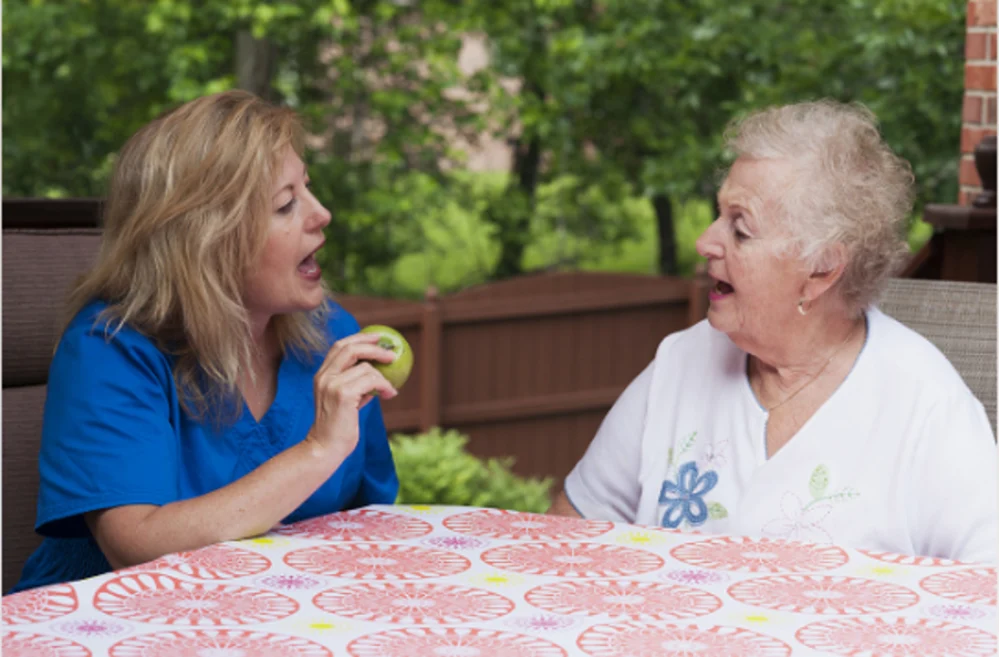One major issue that stroke survivors deal with is speech impairment, which affects their capacity for effective communication. However, stroke patients can improve their quality of life and regain lost communication abilities with the use of exercises designed specifically for them in speech therapy. To help patients recovering from strokes on their path to improved communication skills and speech restoration, this article examines a variety of stroke speech therapy exercises.

Understanding Stroke Speech Therapy
Following a stroke, speech therapy is an essential part of rehabilitation West Vancouver that focuses on treating communication impairments brought on by brain injury. Since strokes can impair articulation, phonation, and language comprehension, speech therapy is a crucial intervention for stroke victims to recover their ability to communicate effectively. Speech therapists try to enhance speech clarity, articulation, and general communication efficacy through focused exercises and interventions.
Speech Therapy Exercises for Adults
Exercises in speech therapy for adults who have had a stroke often consist of a variety of tasks meant to enhance speech production and comprehension. Speech therapy exercises for adults frequently target improving language proficiency and cognitive capacities in addition to strengthening, coordinating, and controlling the muscles used in speech production. The fundamental concepts of repetition and consistency underpin the efficacy of speech therapy exercises by fostering neuroplasticity and facilitating the acquisition and retention of skills.
Speech Therapy Exercises for Adults After Stroke
The goal of speech exercises for stroke victims is to help them communicate more effectively and get over speech problems brought on by brain injury. These activities are:
· Breathing exercises
The production of speech depends on proper breathing. Patients recovering from stroke can enhance their breath support and control with diaphragmatic breathing exercises, which pave the way for longer and more coherent speech.
· Articulation drills
Stroke patients can enhance their articulation and speech clarity by practicing specific consonant and vowel sounds using tongue twisters and repetitive sound drills. These exercises improve communication results by encouraging correctness and precision in speech output.
· Tongue exercises
Exercises for the tongue and lips focus on the muscles used in pronunciation and speech articulation. By increasing muscle strength, coordination, and mobility, these activities should help people produce speech that is crisper and more accurate.

· Vocal exercises
The main goals of vocal workouts are to increase resonance, pitch variation, and vocal quality. By engaging in pitch variation and resonance of speech therapy exercises for adults after stroke, patients can improve their vocal clarity and flexibility, which will make their speech more expressive and natural.
- Reading aloud
To enhance speech articulation and fluency, read passages or sentences aloud. This method will help correct the pronunciation of the words to make speech improved.
· Naming exercises
Practicing naming objects, images, or actions to enhance word retrieval and vocabulary.
· Sentence completion
Completing sentences or phrases to improve grammatical structure and language production.
· Conversation practice
Engaging in structured conversations or dialogues to improve communication skills in real-life situations.
· Cognitive-linguistic exercises
Activities to improve cognitive skills related to language, such as attention, memory, and problem-solving, which can indirectly enhance speech and language abilities.
Post-stroke speech exercises include breathing, articulation, tongue, and vocal drills, along with reading aloud, naming objects, completing sentences, conversational practice, and cognitive-linguistic activities.
How Many Sessions Are Needed for Speech Therapy?
For stroke patients, stroke speech therapy exercises are dynamic procedures that may entail continuing evaluation and goal-adjusting. Individual factors, such as the severity of the stroke, the specific communication difficulties experienced, general health status, and the rate of progress, all influence how many speech therapy sessions are required following a stroke.
While some individuals with less severe impairments may only need a few sessions to address minor speech challenges, others may benefit from regular, continuous therapy over an extended time. First therapy sessions are usually more frequent, falling off progressively as the patient improves and becomes more independent in their communication abilities.

Incorporating Technology and Resources
Thanks to technological advancements, stroke patients can now get speech therapy exercises for adults with many tools and resources to aid in their rehabilitation. Stroke patients can conveniently access speech therapy exercises and activities from the comfort of their homes with the help of online platforms, smartphone apps, and virtual therapy sessions. However, to guarantee that they receive individualized advice and support catered to their unique needs and objectives, stroke patients must speak with a speech-language pathologist.
Tips for Successful Rehabilitation
Patience, effort, and dedication are necessary for successful speech therapy following a stroke. Achieving genuine development requires setting realistic goals, incorporating speech exercises into everyday routines, and keeping a positive mindset. Stroke survivors and their carers should collaborate closely with speech therapists to create individualized treatment programs, track advancement over time, and recognize significant achievements.
parkinson’s disease physical therapy exercises
Speech therapy after stroke varies based on severity and progress. Technology offers convenient access to exercises, but guidance from a speech-language pathologist is crucial. Successful rehabilitation demands patience, effort, realistic goals, and collaboration between survivors, caregivers, and therapists.

Conclusion
In conclusion, speech therapy exercises for adults are essential for helping stroke victims regain their ability to communicate. Stroke survivors can obtain greater freedom and confidence in their everyday lives by regaining lost communication abilities through focused therapy that addresses specific speech and language deficiencies. Through the adoption of a comprehensive strategy for speech therapy that integrates resources, technology, and expert advice, stroke victims can release their full potential and set out on a path to quality of life enhancement and communication restoration.
You can contact us through the website to learn about the services of Radial Clinic and book an appointment for West Vancouver RMT , physiotherapy or chiropractic.
Speech Therapy Exercises for Stroke Patients in West Vancouver Clinic
Patients at West Vancouver Clinic receive customized speech therapy exercises based on their unique requirements and objectives. Patients participate in some exercises designed to enhance their overall communication abilities, understanding, and speech clarity, all under the supervision of qualified speech-language pathologists. The way the therapy sessions are set up offers a safe space where patients can strive to regain their speaking skills under the direction and encouragement of their therapists. To support and encourage ongoing development outside of the clinic, family members and caregivers are frequently included in the therapeutic process. They also receive education and support in this regard. Stroke patients at West Vancouver Clinic are empowered to improve their communication skills through consistent practice and committed assistance. Call us today to set an appointment.